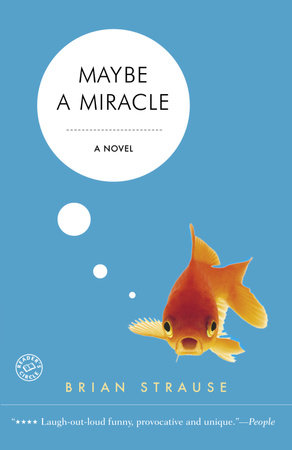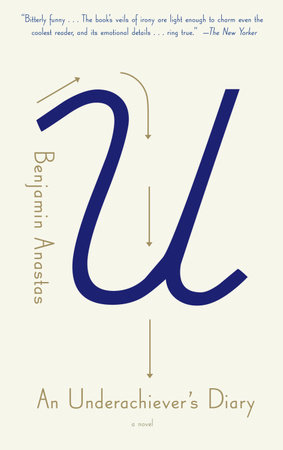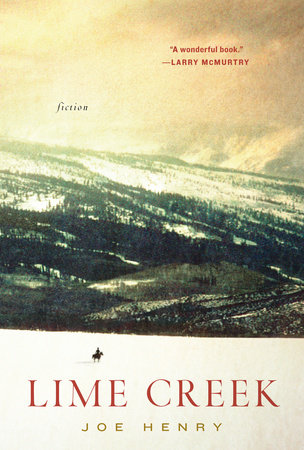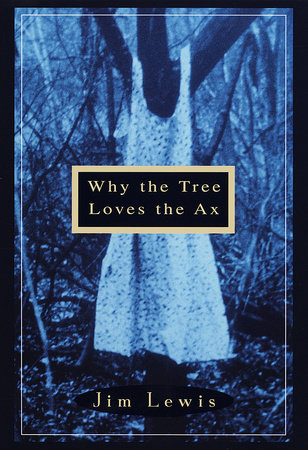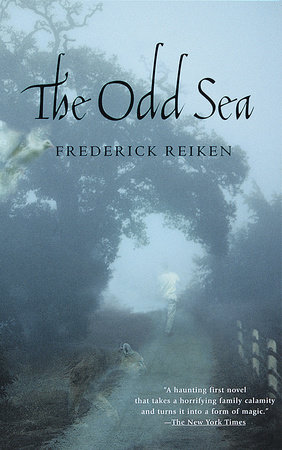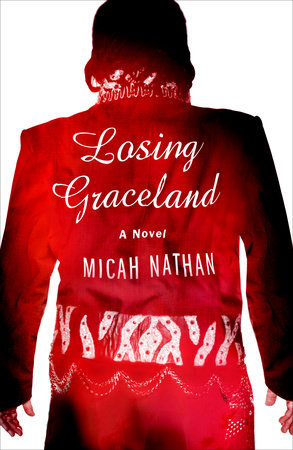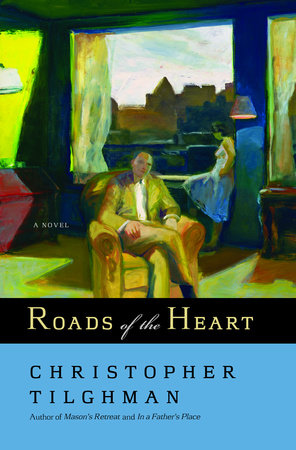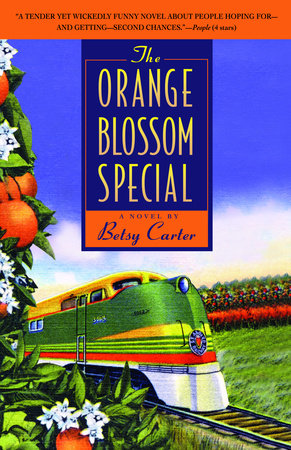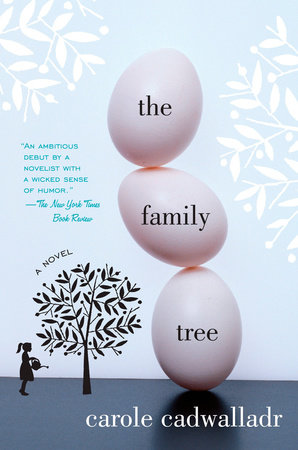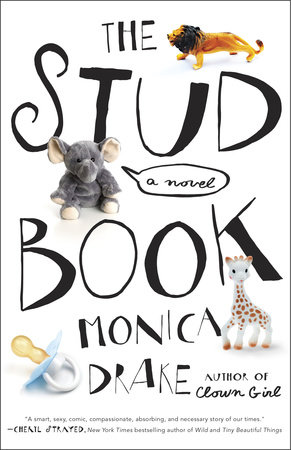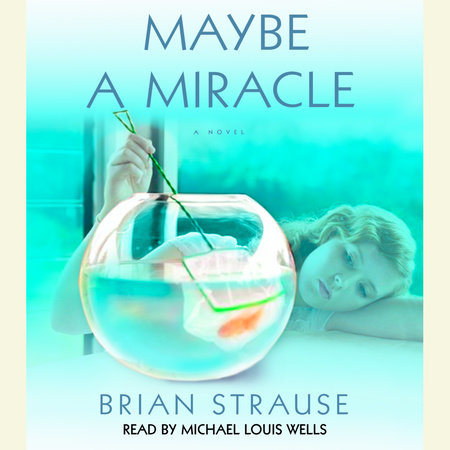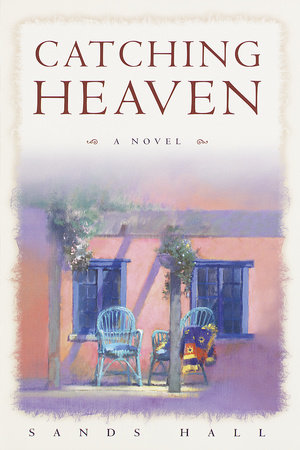Author Q&A
A CONVERSATION WITH BRIAN STRAUSE
BB: First novels are often considered to be autobiographies in disguise. How true is that of Maybe a Miracle? For instance, the main character, Monroe Anderson, lives in the town of your birth, Columbus, Ohio. Do the similarities go beyond the superficial?
BS: This book is not autobiographical, although certain elements have been drawn from my life. While none of the major, or for that matter, minor plot points ever happened to me or anyone I know, Monroe is everything I wish I was and a lot of things I wish I hadn’t been at 18. We’re most alike in the sense that–like many teenagers–I led an awkward, internal life. No one had any idea what was going on in my head, and if they did they probably would have been quite concerned.
They say to write what you know, but unfortunately the life I’ve lived isn’t exactly chock-full of drama. And indeed, I grew up in Columbus on an idyllic street in a storybook neighborhood. But it’s not like Blue Velvet, where it was sordid once you start peeling back the layers. It was all quite painfully normal. Which is all to say, my own family–while incredibly supportive of me–are not particularly helpful when it comes to making up stories. There’s just not much conflict to draw on, so for the parts of the Andersons that were inspired by my own family or by people I know, it was required that I exaggerate those kernels of reality, and once I did that, any resemblance to their real-life inspirations became incidental.
In a lot of ways Maybe a Miracle is a sibling love story, but unfortunately I don’t have a sister. Writing this book, though, allowed me to imagine what that dynamic might be like and by placing his sister in a coma from the very beginning I figured I’d be giving an eighteen-year-old boy the opportunity to be reflective about that relationship in a way he otherwise wouldn’t have had.
I guess that’s what I like most about writing–I can put myself into situations I never would have the opportunity to inhabit in real life. That’s what attracted me to this story. I could throw myself in the middle of a so-called miracle and see how I might react.
BB: Your editor calls Monroe Anderson and his sister Annika “spiritual descendants of Holden and Phoebe Caulfield.” How much of an influence on this novel, and on your own development as a writer, was J. D. Salinger?
BS: Editors, I suppose, are prone to bursts of hyperbole.
As far as influencing me, J.D. Salinger wrote an absolutely incredible book. It was a gift to me and everyone who has ever felt alienated by our increasingly artificial world. It gave me hope at a time in my life when hope and optimism seemed pretty lame. Thanks to him and so many other great writers, I’ve come to believe that’s what novels are for–to show us the possibilities of saying yes in a world where it’s so easy to say no.
BB: The other author I was reminded of, in the wry mix of everyday Americana and the fantastic, was Ray Bradbury. Was he also an influence?
BS: No, I’ve unfortunately never read Bradbury, but now that you mention it I’ll add him to the list. I already have a bookcase full of unread books that constantly mock me. I suppose one more won’t hurt.
BB: Speaking of miracles, it often seems like one when a writer manages to beat the odds and have his first novel published. How did this miracle happen for you?
BS: I assumed it would take me quite awhile to find an agent, let alone get the book published. I absolutely dreaded the whole process. I figured I’d only have one shot, so I better not blow it. Fortunately, the author Madison Smartt Bell is the brother-in-law of a close friend of mine, and I had the good fortune to make his acquaintance three or four times over the last twelve years. He’s an extraordinary, gracious man. I sent Madison the manuscript, and he seemed to enjoy what he read. From there, he paved the way to his agent. I sent it to her in October 2004, and on New Year’s Day 2005 I received an email saying she would love to represent it. I couldn’t believe my good luck. It was an amazing way to begin the year. Then, ten days later, it was sold to Random House. In the sense that the ease of the entire process completely confounded my expectations, while not quite rising to the level of a miracle, it certainly left me feeling quite blessed.
BB: Monroe comes down pretty hard on the Catholic Church as an institution, as well as on various priests and other men of the cloth. What about you? I’ll take a wild guess and say that you were raised a Catholic. Do you have an axe to grind against the church in particular or organized religion in general, and if so, why?
BS: I was not raised Catholic, and, in fact, my upbringing wasn’t particularly religious at all. The Catholic Church, though, like many institutionalized religions, has a way of making itself a target for criticism. Monroe, for example, is especially disturbed over the Church’s problems with pedophilia. It makes it easy for him to dismiss the entire enterprise. In my eyes, it’s unfortunate that hypocrisy and organized religion frequently have such a cozy relationship, but certainly not surprising. After all, institutions that support religion are manmade, and as a result they’re going to be riddled with imperfections. No matter how good their intentions, people screw things up. It’s what they do. And while the men and (sometimes) women within any given religion’s power structure hold themselves to holy ideals, not only is it an impossible standard to achieve, but when they fail, they put the whole endeavor into question. I think teenagers are particularly adept at focusing in on life’s hypocrisies, which is why Monroe is frequently so hung up on the Church’s contradictions. The gulf between what they preach and what they do is too large for him to take the church seriously, which is a shame since, on perhaps a more important level, while resistant, he’s quite attracted to the power of faith.
BB: Do you believe in God?
BS: I believe in a power exponentially greater than our collective selves.
BB: What about miracles?
BS: Every spring I believe the Cincinnati Reds will be in the World Series come October. So I guess I do.
BB: What is a miracle anyway? I mean, it would help to have a definition that people could agree on. But is there such a definition?
BS: The universe is full of inexplicable wonders. In my eyes, life itself is miraculous, but according to my American Heritage Dictionary, a miracle is “an event that appears unexplainable by the laws of nature and so is held to be supernatural in origin or an act of God.” That said, since most religions conclude that God is our creator–therefore making life itself supernatural in origin–I’m always amazed that people will go out of their way to see a supposedly spontaneous image of the Virgin Mary under a bridge or on a grain silo, while on their way to that blessed site they pass by a million even more amazing miracles–from the incredibly complex movements of our hands to the intricate patterns of veins on a leaf to the beauty of the sun rising and setting. We’re surrounded by so many incredible gifts–the most amazing of which is our very ability to appreciate them. If there’s a real miracle, it’s that.
BB: Writing this novel must have given you an unusual insight into the whole political, religious, and media circus surrounding the sad circumstances of Terry Schiavo. Did that seem like life imitating art?
BS: Not really. While, indeed Terry Schiavo’s story is painfully sad and depressing, conversely, I hope Annika’s story is full of life. It was gut-wrenching to see Terry Schiavo turned into a sideshow attraction. Her brain had turned to mush. There was nothing there. In that regard she was a fitting symbol for the so-called “culture of life” movement who shamelessly exploited a brain-dead woman to promote their own misguided political objectives. It’s ironic, I suppose, in the sense that Ms. Schiavo’s brain waves and those of the people who wanted to keep her alive were functioning on the same flat-lining level.
BB: To reverse the equation, are the possible miracles that begin to take place around Annika, such as the scent and shower of roses and the stigmata, and public reactions to them, based on specific historical occurrences?
BS: Stigmata, of course, has long been accepted by the Catholic Church as a viable manifestation of the wounds Jesus suffered while he was being crucified. The Church has given the stamp of approval to over 300 cases in the last thousand years, and I looked at many different accounts while researching the book. Mysterious events that are accorded religious significance occur around the world all the time. And while I read about many strange tales of objects falling from the sky, I don’t believe I ever heard a story about a rose petal storm. (Now there’s a case I’d love to see of life imitating art.)
BB: In America today, controversy rages over the proper spheres of religious faith and scientific belief. It’s everywhere from politics to entertainment to sports. Do you think there is an inevitable clash between these two viewpoints? Why has it gotten so ugly of late, and where do you think it is leading?
BS: I don’t think the clash is inevitable–in my mind, science and religious faith are not diametrically opposed. There’s a place for each, and I’d venture to guess that quite a few scientists believe in God. Of course, science is about searching for the truth, and religion–especially in the hands of fundamentalists–is all too frequently about promoting dogma. And those are somewhat irreconcilable positions from which to begin a reasonable discussion. As far as religion moving into a sphere–like, say, the classroom–it’s pretty ironic that while we’re at war with Islamic fundamentalists abroad, Christian fundamentalists are promoting the kind of religious indoctrination practiced by Islamic madresses back home. It’s gotten ugly because some politicians have realized they can exploit faith-related issues as a means to gain power. This tactic, of course, is nothing new and they will continue to do it until it stops working.
BB: About the only traditional American values that come away unscathed in your book are pot, baseball, and George Clinton’s band, P-Funk.
BS: The quintessential American values are faith, freedom, and democracy. The ethereal delights of P-Funk and pot certainly fall under the banner of freedom. Meanwhile, the great game of baseball embodies our democratic ideals. Faith, though, is what makes this country what is, and I don’t mean that in a religious sense. It is Americans’ faith in the future–the idea that you can come to America and make a better life–that continues to bring immigrants to our shores and across our borders. We are all enriched by their optimism for a better future. In many ways, Maybe a Miracle is a celebration of faith. Those who have faith are repeatedly rewarded. When I started writing this book, I think I confused faith with religion; by the time I was done, I not only realized they’re two completely different things, but I surprised myself with how much faith I have.
